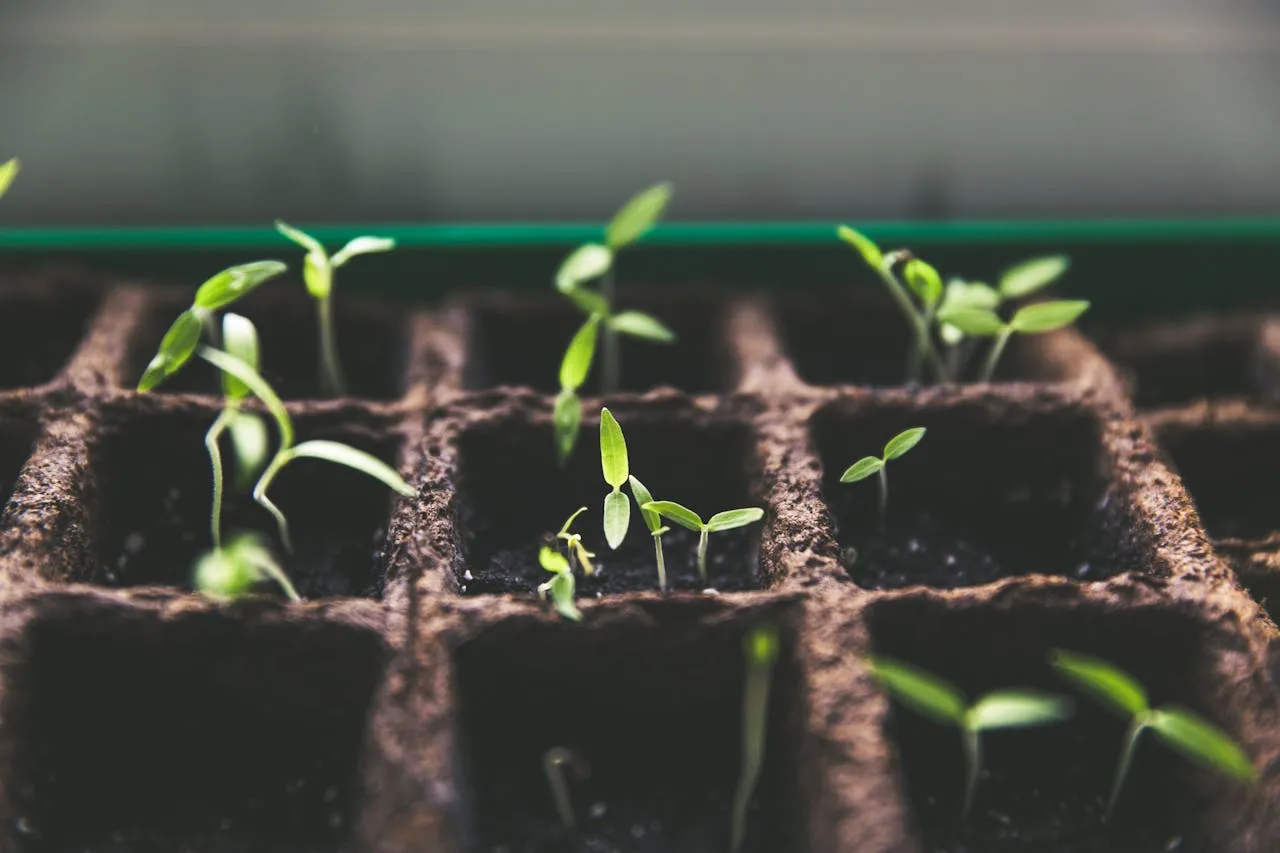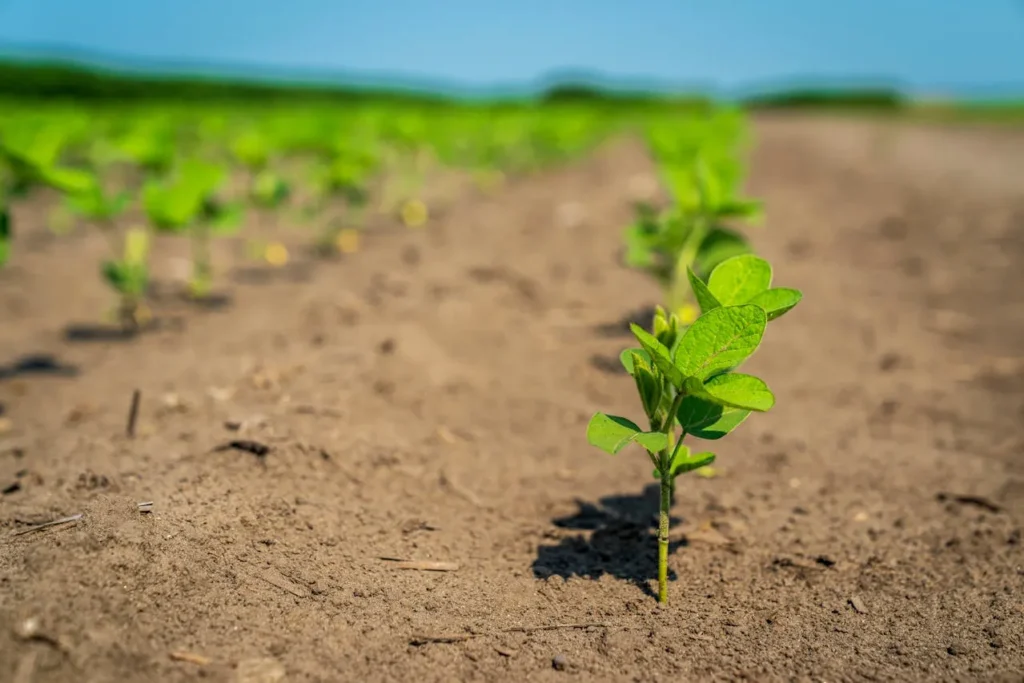
Soil Microbes Boosted by Persist PAF, Confirms University Trial
A recent scientific study conducted at a leading research university in the Netherlands has demonstrated the powerful potential of Persist® PAF—a liquid soil and plant enhancer—in revolutionizing plant health and microbial dynamics in hydroponic tomato cultivation. The research focused on how PAF interacts with biochar, a carbon-rich material used as a growing substrate, and revealed that it dramatically boosts the growth and activity of beneficial soil microbes. These microbes, in turn, contribute to a more robust and productive root zone, improving overall plant health and crop yield.
Purpose of the Study
The primary objective of the 23-week study was to examine the effects of Persist® PAF on microbial communities in biochar-amended hydroponic systems, specifically within tomato plant rhizospheres. The research compared several growing media—including pistachio shell biochar treated with PAF, untreated biochar, biochar treated with acetic acid, and standard coir slabs, a common hydroponic substrate. All biochar used in the study was produced using VGrid’s advanced Bioserver® units, which convert agricultural waste such as pistachio shells into high-quality, activated biochar.
The study employed sophisticated analytical techniques including quantitative Polymerase Chain Reaction (qPCR) and DNA metabarcoding to monitor bacterial abundance, diversity, and community dynamics over the entire growing period. These state-of-the-art molecular methods enabled researchers to gain a deeper understanding of how PAF influences the soil microbiome and its long-term effects on plant health and productivity.

Breakthrough Results from PAF Treatment
Among all the substrate treatments tested, the PAF-treated biochar demonstrated the most striking improvements. Plants grown in this medium produced the highest tomato yields and exhibited the most vibrant and biologically active root zones. The researchers observed a significant increase in beneficial bacterial populations—especially those known to support nutrient cycling, disease suppression, and stress tolerance.
Key outcomes from the study include:
- Highest Yield and Microbial Activity: The PAF-enhanced biochar produced the greatest total tomato yield compared to coir, untreated biochar, and acetic acid-treated biochar. It also showed the highest microbial biomass and activity, indicating a thriving ecosystem in the plant root zone.
- Enhanced Beneficial Microbes: Specifically, the bacterial phyla Nitrospirae and Firmicutes—both of which are associated with improved nutrient availability, nitrogen cycling, and plant resilience—were found in significantly greater abundance in the PAF-treated substrate.
- Long-Term Microbiome Improvement: Persist® PAF didn’t just deliver short-term benefits. Its impact on microbial community structure lasted through the entire 23-week cultivation cycle. This led to a more diverse and beneficial microbiome in both the biochar growing medium and the tomato plant rhizosphere.
- Biological Advantage Beyond pH Adjustment: While acetic acid is often used to modify biochar pH to favor microbial colonization, PAF-treated biochar far outperformed the acid-only treatment. This suggests that the active ingredients in PAF confer unique biological benefits, beyond simple chemical changes.
Implications for Sustainable and Regenerative Agriculture
The findings from this trial underscore the growing importance of biologically-based solutions in modern agriculture. As the industry increasingly shifts toward more sustainable, organic, and regenerative practices, innovations like Persist® PAF offer a scalable way to improve crop performance while reducing dependence on synthetic fertilizers and pesticides.
By fostering a healthier and more diverse microbial community, PAF enhances the natural processes plants use to access nutrients, resist disease, and recover from environmental stress. This makes it a valuable tool not only for hydroponic systems but also for soil-based cultivation in open fields, greenhouses, and high-tech vertical farms.
Industry Perspective and Expert Commentary
Jeff Norton, Vice President of Business Development at VGrid, shared his enthusiasm about the study’s findings. “We’re excited with these results. They further confirm what we’ve seen in both previous university trials and in real-world field applications—Persist® PAF significantly enhances plant vigor and drives positive, lasting changes in the microbiome,” said Norton. “The fact that PAF-treated biochar outperformed even acid-treated biochar shows that this is more than just a pH effect. There’s something special about PAF’s chemistry that unlocks microbial potential and plant performance in a way we haven’t seen before.”
VGrid’s Bioserver® technology plays a key role in producing the high-quality biochar used in these trials. The system processes agricultural residues into biochar while also capturing carbon dioxide, making it a powerful tool in the fight against climate change. When combined with PAF, this biochar becomes an even more effective growing medium, enhancing both environmental and agricultural sustainability.




